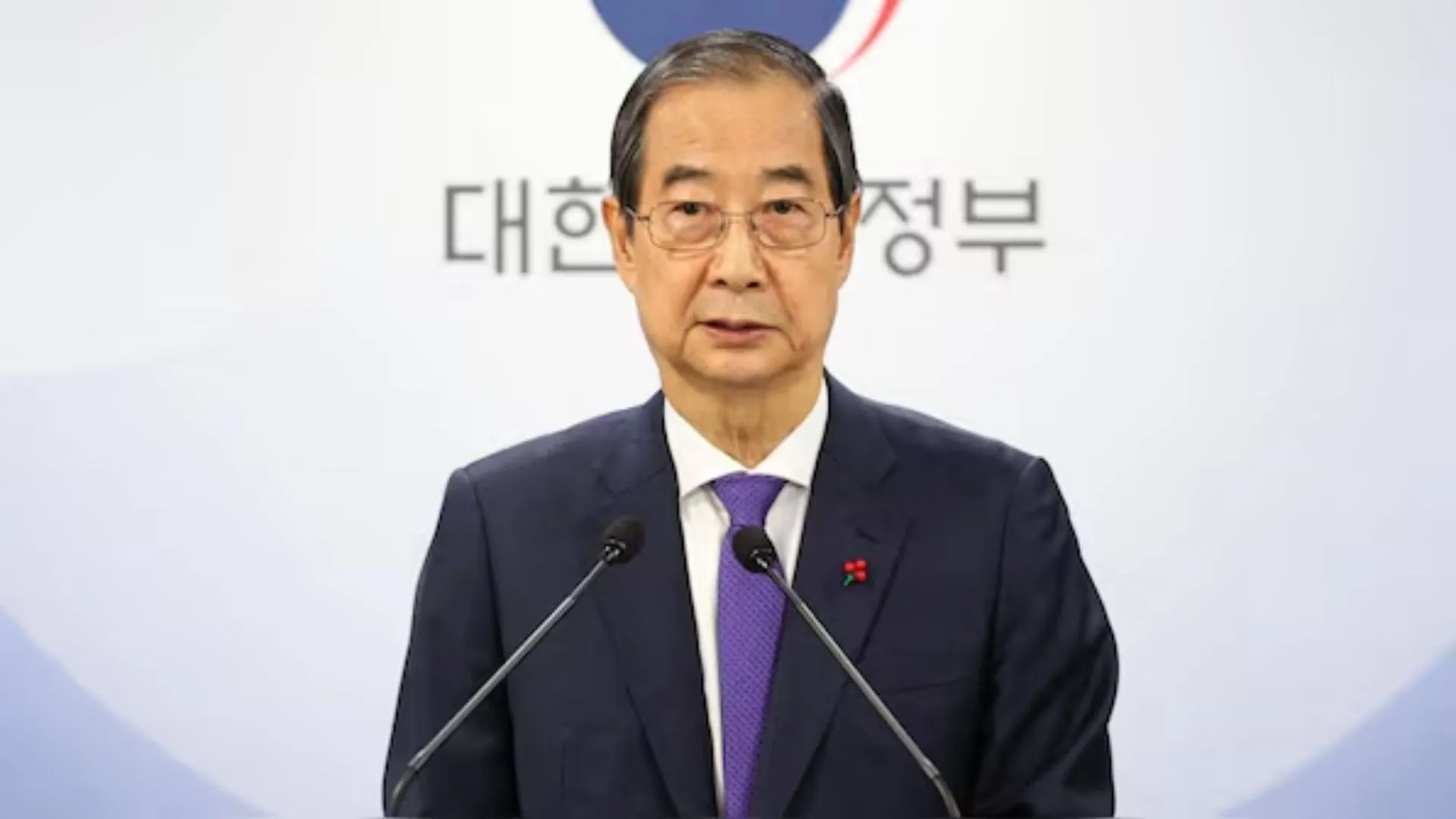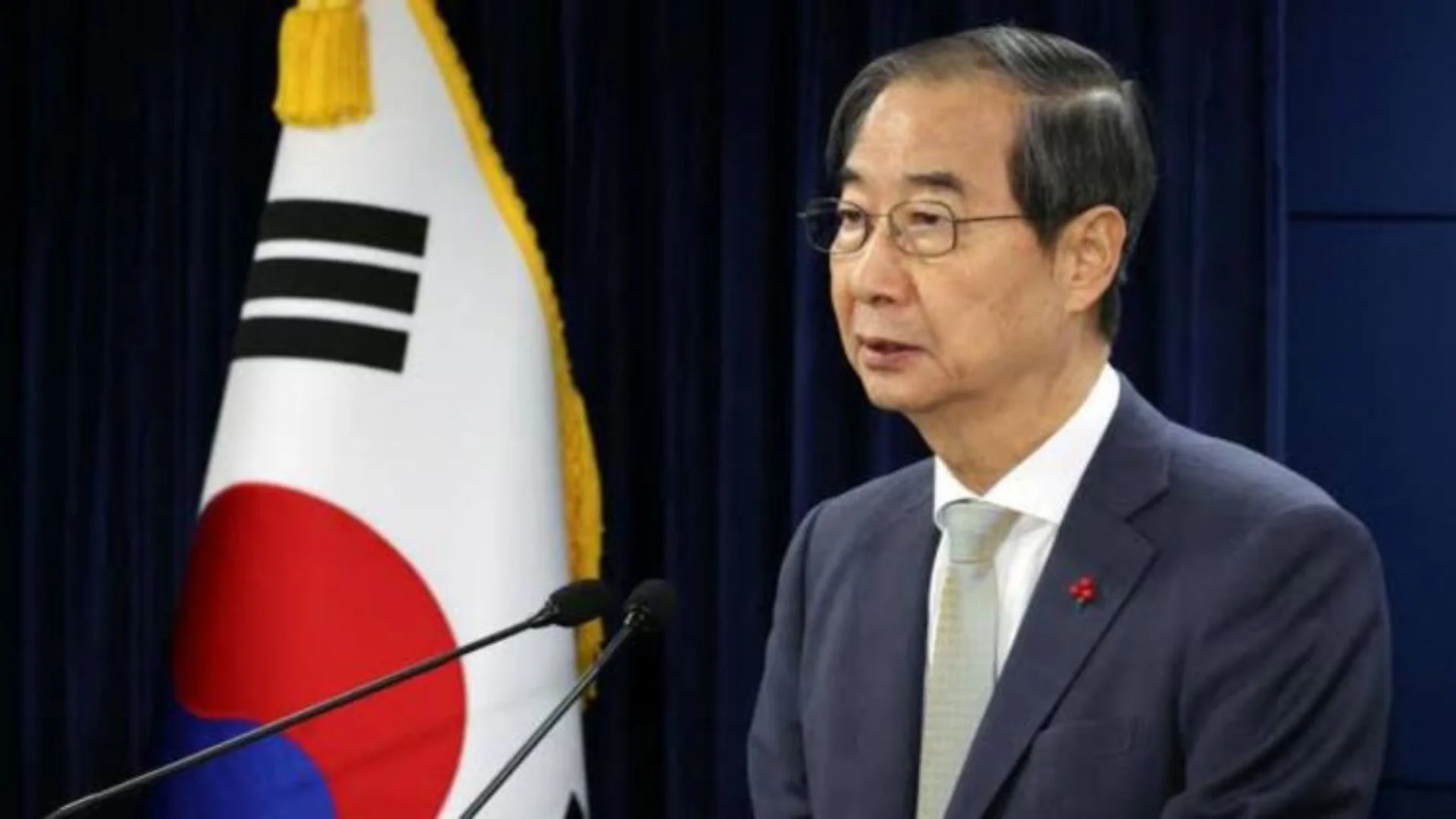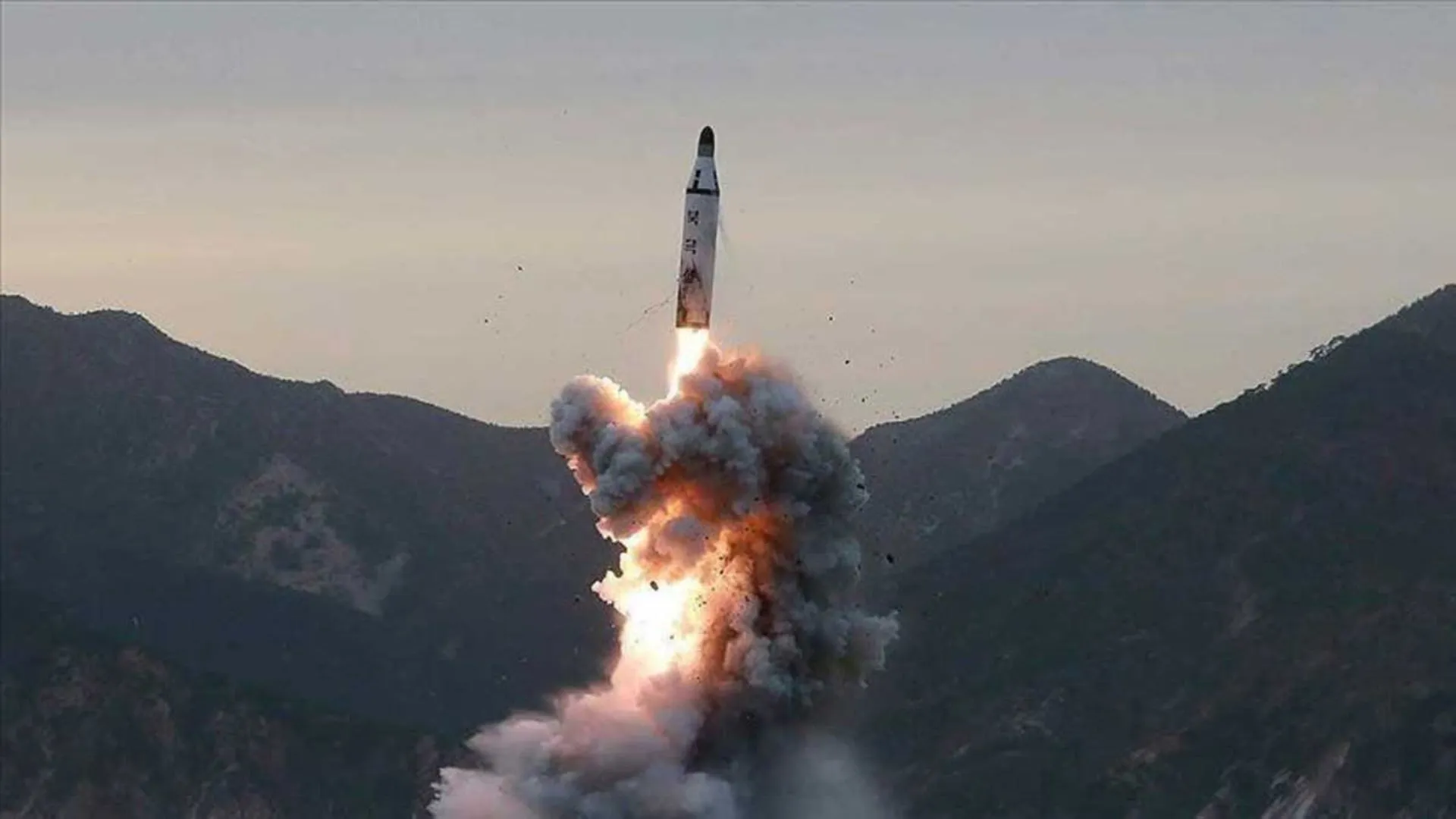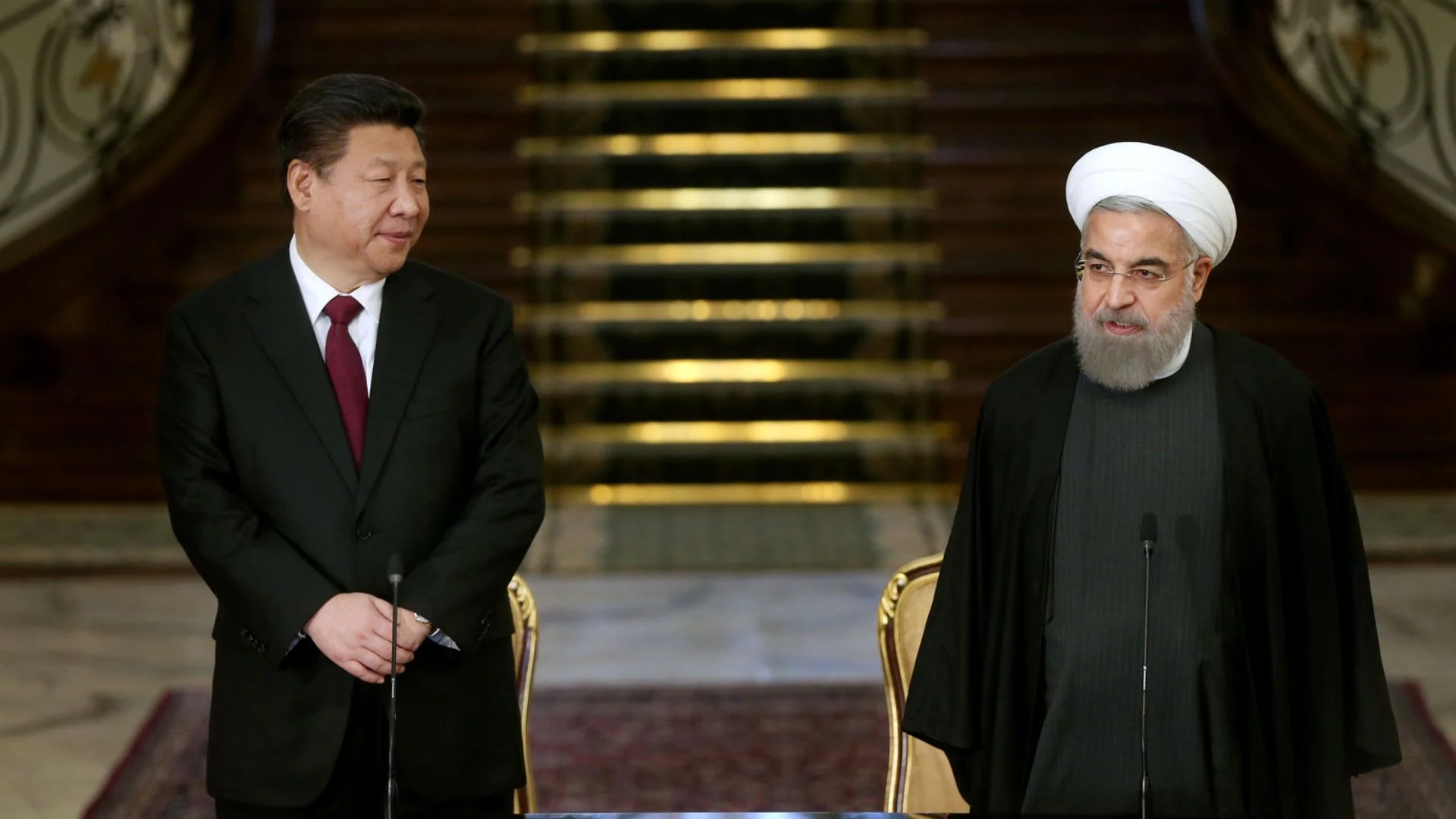Six individuals suspected of human trafficking were reportedly arrested by the Federal Investigation Agency’s (FIA) Anti-Human Trafficking Circle in Rawalpindi, as per ARY News.
The FIA Anti-Human Trafficking Circle has intensified its efforts to apprehend individuals involved in visa fraud and human trafficking.
During a series of raids in Rawalpindi, six alleged human traffickers—Manwar Butt, Tahir Muzammil, Zeeshan Sadiq, Abdullah, Liaqat Hussain, and Mohammad Rizwan—were apprehended, according to an FIA spokesperson. This comes amid a significant increase in crime and violence across the country.
The arrested individuals are accused of extorting large sums of money from citizens under the guise of overseas employment. The arrests were made in various localities in Mundi Bahauddin and Rawalpindi.
Tahir Muzammil allegedly stole PKR 260,000 from a citizen under the pretext of employment in Qatar, while Munawar Butt is accused of defrauding citizens of PKR 6.6 million by promising them jobs. Three cases have been filed against him.
Zeeshan Sadiq is charged with obtaining PKR 664,000 from several individuals for purported work in Malaysia, and Abdullah is accused of deceiving others by claiming to be employed in Dubai.
The FIA is committed to apprehending those responsible for these fraudulent activities and ensuring the protection of the victims.
Instances of visa fraud and human trafficking have become increasingly common in Pakistan, reflecting the deteriorating law and order situation and the struggling economy, with citizens bearing the consequences.























